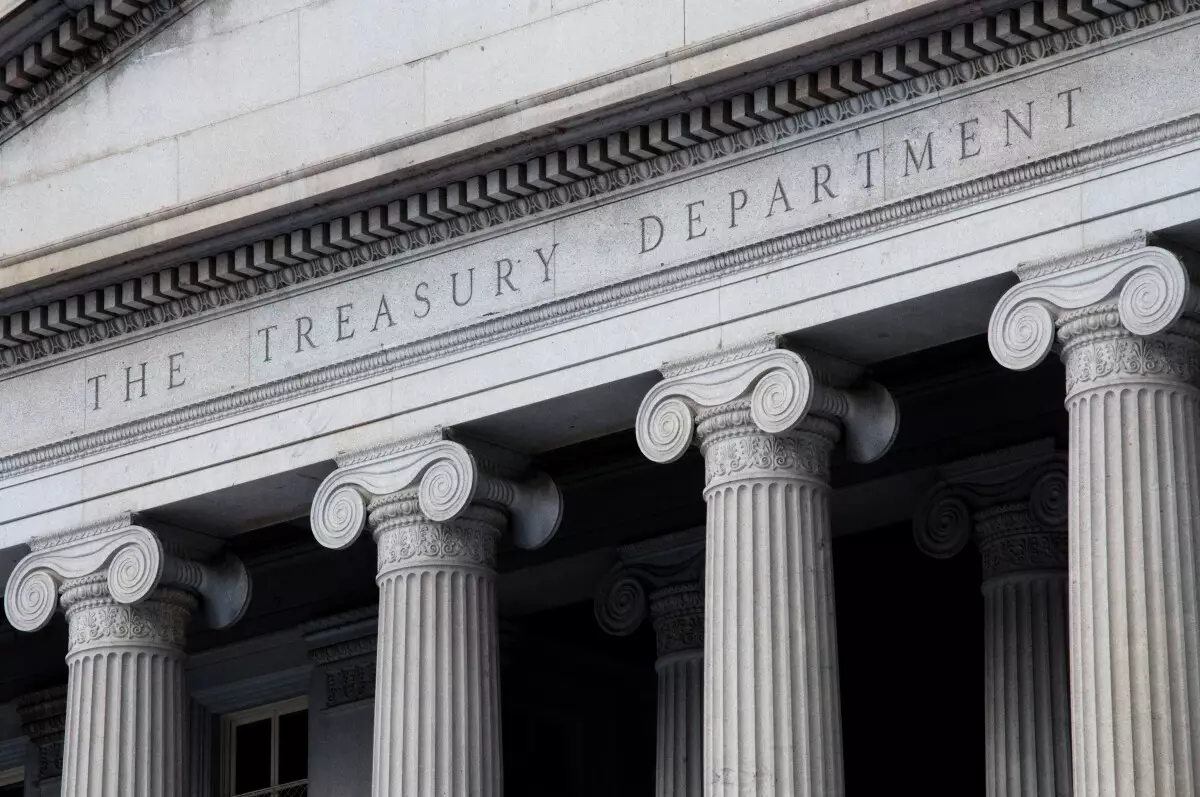The US Department of the Treasury and Internal Revenue Service (IRS) have recently unveiled proposed regulations aimed at strengthening tax reporting on digital assets. These regulations are intended to crack down on tax evasion while helping law-abiding taxpayers determine the amount they owe. However, these proposals have raised concerns among cryptocurrency advocates and decentralized exchanges (DEXs), who argue that they undermine the principles of decentralization and may hinder adoption of digital assets in the United States.
The proposed regulations issued by the Treasury Department and IRS seek to align the tax reporting rules for digital assets with those already in place for securities and other financial instruments. Currently, calculating taxes on digital assets is considered difficult and costly. To address this issue, brokers would be required to provide a new Form 1099-DA, simplifying the tax calculation process for taxpayers. The intention is to prevent preferential treatment towards different types of assets and ensure that digital asset reporting is consistent with other asset classes.
The proposed regulations are currently open for public comments and feedback. Interested parties have until October 30th to submit written comments, and a public hearing has been scheduled for November 7th and 8th. This period allows stakeholders to express their concerns, opinions, and suggestions regarding the potential impact of these regulations on the cryptocurrency industry.
Chairman of the House Financial Services Committee, Patrick Henry, has criticized the proposed regulations, accusing the Biden administration of attempting to suppress crypto adoption in the US. One aspect of the regulations that has sparked controversy is their inclusion of decentralized exchanges (DEXs). DEXs, like Uniswap, operate on decentralized blockchain protocols and are not controlled by a single entity. This lack of central control raises concerns about how DEXs can comply with the proposed reporting requirements.
Gabriel Shapiro, the general counsel of Delphi Labs, expresses concern about the potential impact on peer-to-peer (P2P) protocols if the regulations are enacted. He believes that the rules “could be a devastating blow to the use of P2P protocols.” Additionally, Kristin Smith, CEO of the Blockchain Association, argues that the reporting requirements would force platforms or protocols to centralize, negating the benefits of decentralization, such as enhanced security and transparency.
Critics argue that the proposed regulations contradict the fundamental principles of the crypto ecosystem, primarily decentralization. By imposing information collection and reporting requirements on DEXs, the US government risks alienating these platforms from the country. This clash may result in an outright ban on the use of DEXs for US citizens, stifling the adoption of web3 technologies within the United States.
While it is important to ensure that tax reporting requirements for digital assets are consistent with other asset classes, it is equally crucial to avoid hindering innovation and impeding the growth of the crypto industry. Striking the right balance between regulatory oversight and fostering a favorable environment for technological advancements remains a challenge.
The proposed regulations set forth by the US Treasury Department and IRS aim to streamline tax reporting for digital assets and prevent preferential treatment. However, their potential impact on decentralized exchanges and the overall ethos of the crypto ecosystem has sparked concerns. Balancing regulatory oversight and the principles of decentralization will be crucial as the future of digital asset reporting in the United States continues to evolve. It is essential for all stakeholders to engage in constructive dialogue to ensure that regulations do not stifle innovation or hamper the adoption of digital assets within the country.


Leave a Reply